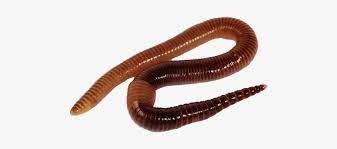 ‘
‘
For every complex situation, there are decisions to be made. Well, this shouldn’t be difficult because of the billions of brain cells we have to help us in decision-making. But a recent study shows that complex decisions can be made with even a limited number of brain cells. And this evidence comes from a worm not even one-mm long and with just 300 brain cells.
The worm Pristionchus pacificus either eats another equally tiny worm Caenorhabditis elegans or competes with it for consuming bacteria. Whenever they are forced to fight over bacteria, the predator worm either kills C. elegans or just bites it. So where does the question of decisions come in?
Killing uses up a lot of energy. and so the predator worm decides to use lethal bites to kill only the juveniles (for both eating or fighting it for bacteria) since this process requires less energy than killing an adult. The predator worm – even though it is fully equipped to kill – decides to use only non-lethal bites on adult prey simply to scare it away. A worm with only a few hundred brain cells makes the complex decision of killing (or not) based just on the other worm’s size and life stage! And not just that. The predator worm also seems to know when to fight-it decides to go for the bite when there are fewer bacteria to feed on.
The study has baffled researchers because till now it was assumed that only vertebrates could weigh in the costs and benefits for any action. The new study also showed that “inhibiting” two types of neurotransmitters – dopamine and octopamine – in the predator worm changed its decisions, leading researchers think about the possibility of exploring the roles neurotransmitters play in decision-making. And opening up new lines of thought for humans.
Picture Credit : Google




